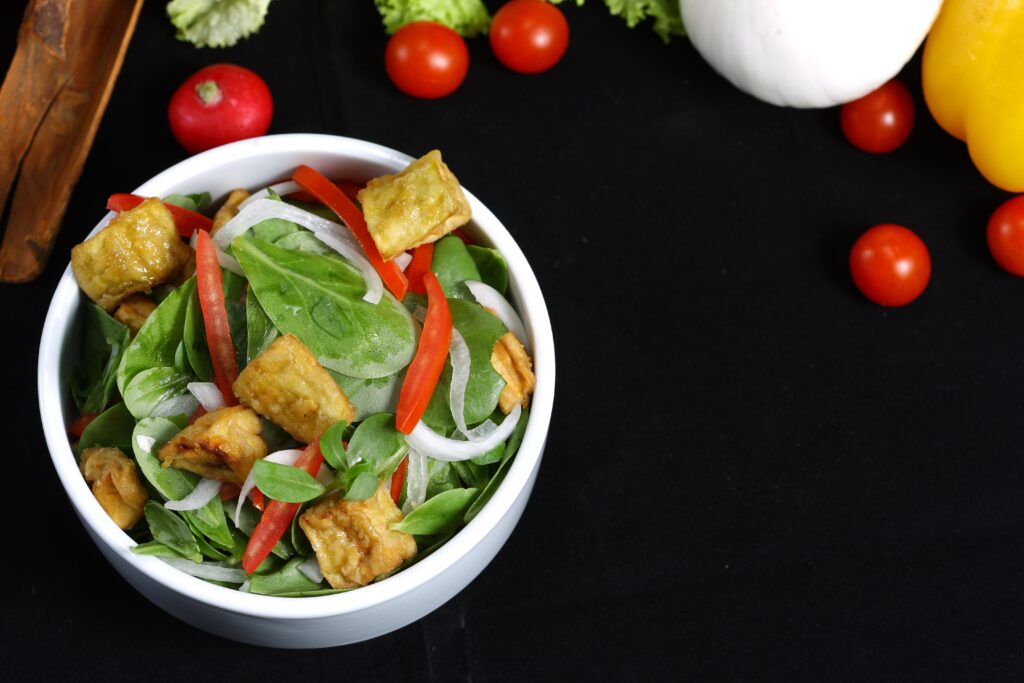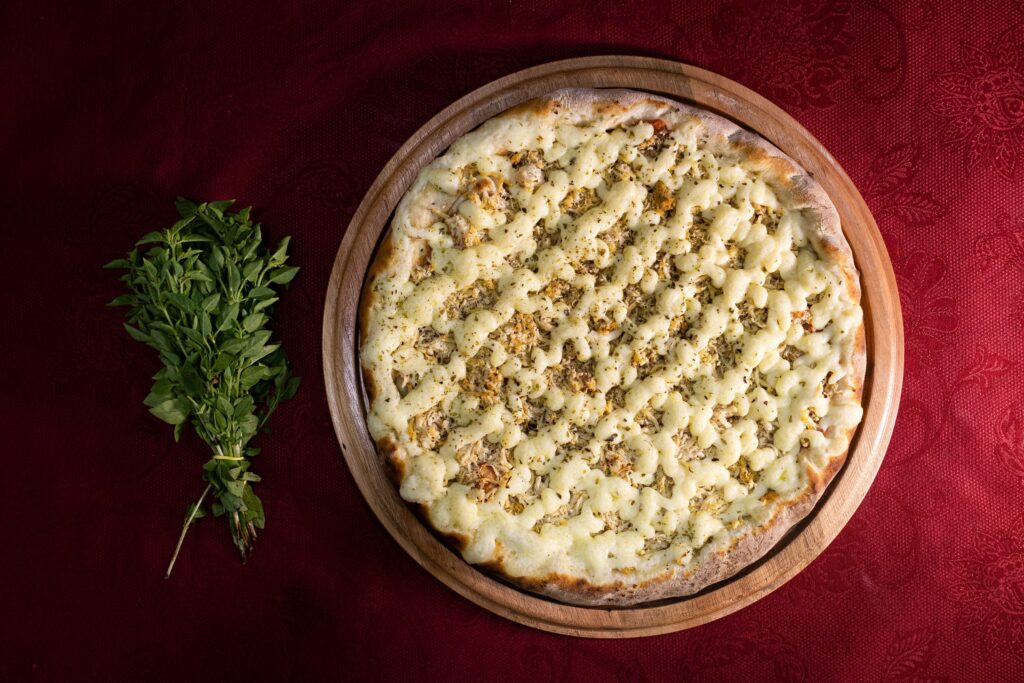Kebabs are high-protein and high-fat food. High saturated fats harm glucose metabolism. Meat-based kebabs have a high GI. Also, Kebabs are usually coated with maida/all-purpose flour. This has a high GI and increases insulin resistance. According to a food survey, the average Kebab includes 98% of a person’s daily salt intake. Consuming Kebabs often and in excess may contribute to weight gain and metabolic disorders. Enjoy your Kebab with a few modifications.
Ideal Kebab Diet For You
• Deep-fried kebabs may harm your metabolism. Consider grilled protein-rich options. Lean meats like chicken or turkey contain less saturated fat and calories.
• Kebab portions are often huge. Consider limiting your intake.
• Avoid eating fries or bread. Choose salads or grilled vegetables as sides. It increases your fibre and nutrient intake.
• Try options like chicken tikka + cucumber salad or paneer tikka + Greek salad.
It is important to remember that kebabs can be high in calories, so moderation is key. Balance your meal with complex carbs and protein when eating kebabs. This is unlikely to impact insulin sensitivity negatively. Kebabs can be paired with salads and grilled veggies as well. They supply the needed dietary fibre to support overall metabolism.







